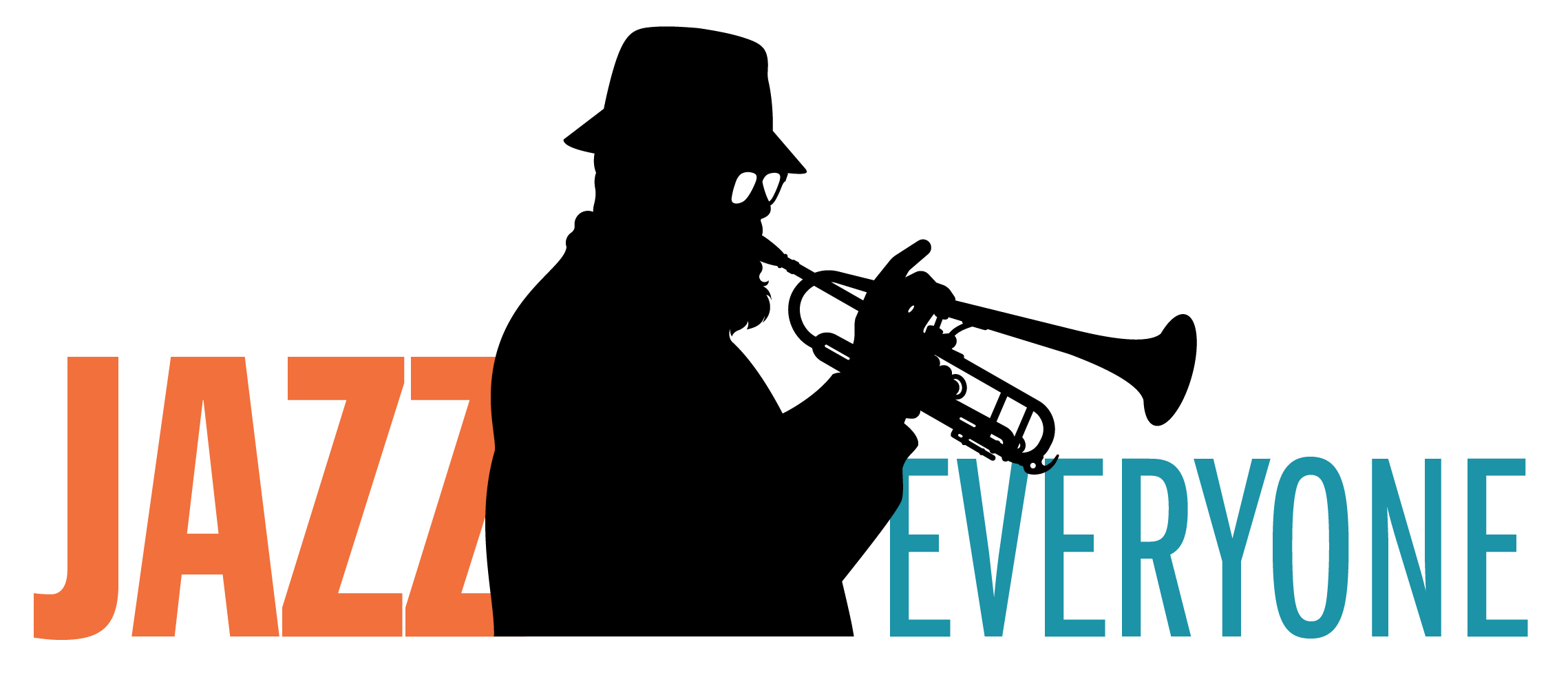Freedom and Form: Jazz, Politics and the Practice of Freedom
Joseph Murphy | January 4, 2012
The sword that caused the wound must also heal the wound
Wagner/Parsifal
One spring evening in the early eighties, after several scotches and two sets of extraordinary jazz, (Milt Jackson, Cedar Walton, and David Williams) I walked in on a green room conversation between the late Seattle jazz writer Maggie Hawthorn and the redoubtable drummer of the evening, Billy Higgins. It was the age of Reagan, the beginnings of the thirty year war against labor and the poor and the ascendancy of the freedom eschewing jazz revisionists. Maggie was lamenting the climate, “What happened to the music? Nobody plays free anymore.” Smiling Billy, as usual, didn’t miss a beat. “Maggie, that’s the thing about freedom, you got to practice it from the inside out.”
When Frankfurt school philosopher Theodor Adorno wrote his infamously reductive and dismissive essay on jazz in 1967 he summarized his disdain by declaring that, “Jazz, in finality, is but an entertainment.” And so do many conceive of it to this day. Still, music is an information technology – a delivery system that can incite emotions and ideas in a way both broader and more emotionally inclusive than words alone. Good Marxist though he was, Adorno missed the message of emancipation in the practice of jazz.
In the aftermath of the second world war and the concomitant integration of both the Northern workplace and military – where readers of Uncle Willie’s memoirs on these pages can witness to the profound good fortune of Willie finding himself in an integrated army band that included the great Wynton Kelley - and the aftermath of the Great Migration, the music carried its own information stream with it that expressed the increased volition of African Americans as well as the great speed and complexity of post war America. Because this was not your Father’s music anymore, no longer merely the purview of dancers, gangsters and white folk looking for the exotics provided by black bodies in syncopated time.
But at the heart of the music was a message that transcended commodification by tastemakers – the message of emancipation. If freedom was being practiced – and signified upon – at Minton’s, the Royal Roost and the Deuce’s by the late forties, by the late fifties it was being talked about in jazz expression as well. By that time, the word freedom had become a common modifier in the work of Sonny Rollins (Freedom Suite) Max Roach (We Insist; Freedom Now) and implied in the song titles of Mingus from “Haitian Fight Song” to “There Once Was A Holding Company Called America” The explicit inclusion of Abbey Lincoln’s lyric on “Mendacity” that called out Jim Crow voting practices in the South on her collaboration with her then husband Max Roach, “Percussion Bittersweet” marked a declarative throw down over the pending voting rights act in a manner abruptly new to jazz, as did Coltrane’s poignant elegy, Alabama; marking an explicit lament for the victims of the 16th St. church bombing. By the time Mingus debuted in phenomenal fashion his suite “Meditations On Integration” at the 1964 Monterey Jazz Festival, the word and deed were out. The music was no longer merely signifying, it was calling out. Still, the practice of talking about freedom was only the cap on a process of call and response that had long been working in the American polity.




Leave a Reply
You must be logged in to post a comment.